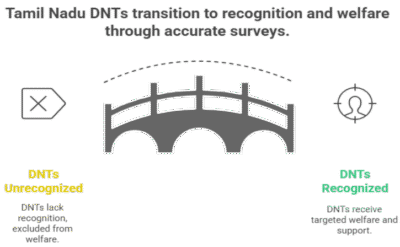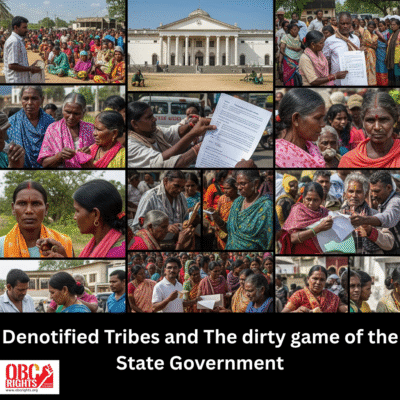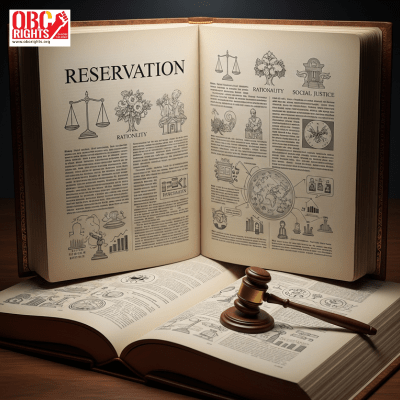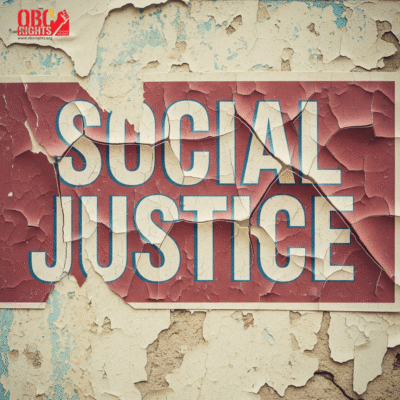Do you know that, long ago, some communities in India were wrongly designed/categorized as “born criminals”? During British rule, the Criminal Tribes Act of 1871 unfairly classified many tribes as criminals by birth. This unfair law continued until 1952. After India became independent, the government removed these tribes from the list or denotified them from the list, and thus they are called “Denotified Tribes – Denotified Communities”.
Who Are Denotified, Nomadic, and Semi-Nomadic Tribes?
The term DNT includes communities that were once listed under the Criminal Tribes Act. Many of these tribes were also nomadic or semi-nomadic, meaning they moved regularly in search of a livelihood. While some DNTs are included under Scheduled Castes (SC), Scheduled Tribes (ST), or Other Backward Classes (OBC), many are not covered under any category, leaving them excluded from vital welfare programs.
Nomadic groups traditionally earned their living by moving from place to place—making tools, selling goods like salt and wool, offering traditional medicines, or entertaining communities, etc. They were vital to the functioning of rural economies. However, their lifestyle left them landless, without permanent homes, and vulnerable to poverty.
List of Denotified Communities in Tamil Nadu: https://obcrights.org/list-of-dnc/
Rich Culture, Deep Struggles
DNTs have a vibrant culture and unique traditions, shaped by generations of mobility and resourcefulness. Their livelihoods often depend on forests, grazing lands, and natural resources. As environmental changes occur, these communities face increasing threats to their way of life.
Unfortunately, despite their contributions and heritage, many DNTs still lack basic identity documents like voter ID cards or ration cards. This makes them almost invisible in government records and excludes them from welfare schemes meant for the underprivileged.
What the Government Has (and Hasn’t) Done
In 2008, the Renka Commission was formed to identify DNT communities. In 2014, the National Commission for Denotified, Nomadic, and Semi-Nomadic Tribes (NC-DNT) was established for a three-year term to recommend solutions to their issues. However, no permanent law or system was created to ensure their rights.
Later, in 2019, the Centre created a Development and Welfare Board for these communities. A letter was sent on 18th August 2020 by the Ministry of Social Justice and Empowerment which urged all state governments to conduct a Household Survey of DNTs. The central government even offered to fund the survey, but in Tamil Nadu, no action was taken. Successive AIADMK and DMK governments did not care for the rights and Justifiable concerns of these sections

The Situation in Tamil Nadu
Tamil Nadu has listed 68 Denotified Communities under its Most Backward Classes (MBC) category. And provides these communities, along with 41 others, a 20% reservation under the MBC quota. However, government departments often refer to them as “Denotified Communities” rather than “Denotified Tribes”—a small wording difference that has big consequences. The government’s failure to properly recognize these groups as “tribes” denies them access to focused welfare benefits.
The central and Tamil Nadu governments maintain different lists, creating confusion and delaying support for Denotified Tribes.
Why This Matters
A proper caste-wise census and household survey of DNTs could help to identify their needs more accurately. It wouldn’t even cost the state anything since the Centre is ready to reimburse the expenses. Yet, without political will and administrative follow-up, these communities continue to live on the margins—unseen and unheard.



